Connecting the Dots
09
Cancer Research News Around the World
Explore the latest and most significant news in cancer research and its connection to Oncode Accelerator. Stay updated on the ongoing efforts in the fight against cancer, and learn about advancements in innovative technologies that help scientists to outsmart cancer and impact lives.
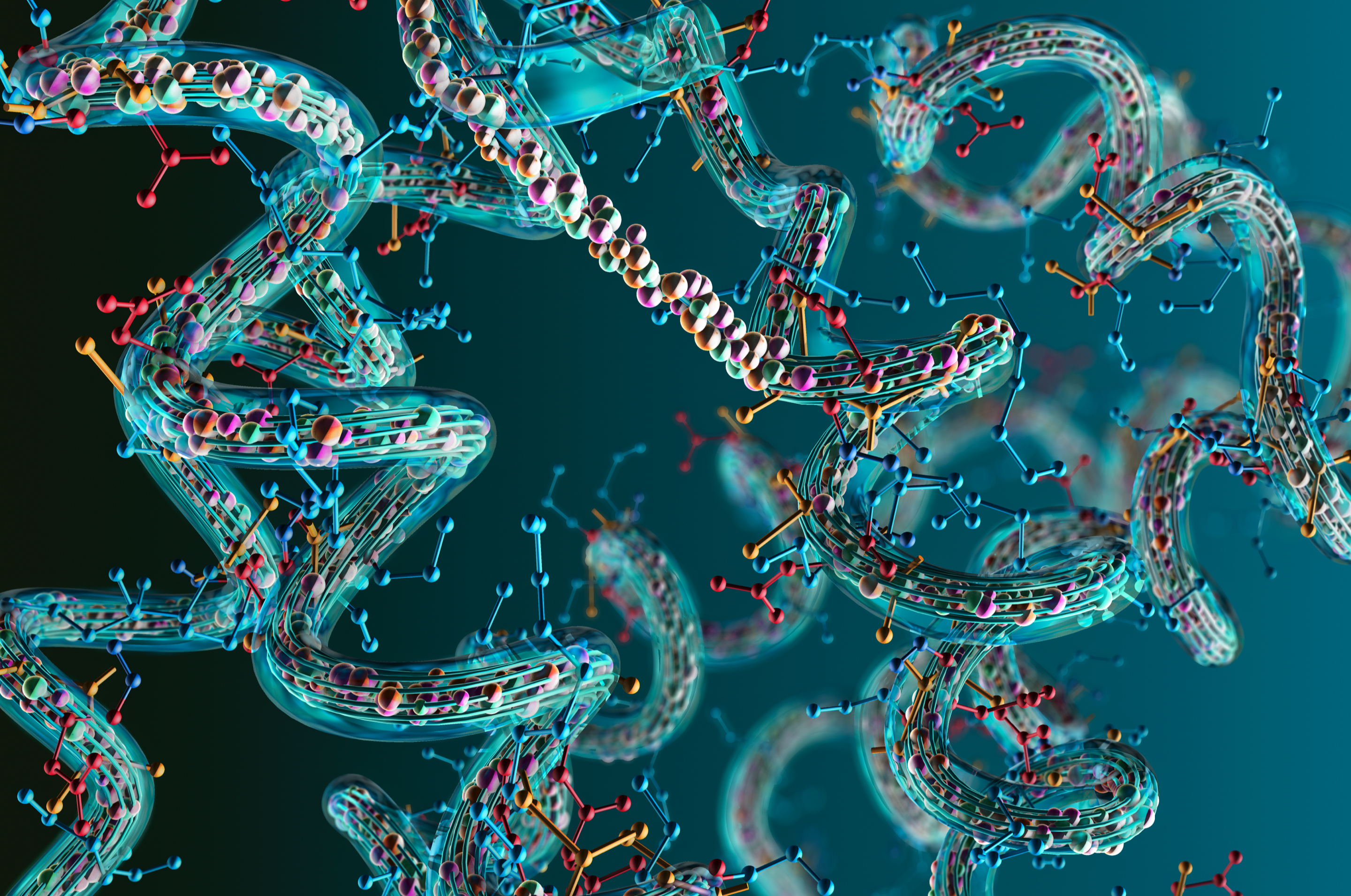
Artificial Intelligence
How AI Solved Protein Folding and Won a Nobel Prize
Learn about the ‘protein structure prediction revolution’ in a video featuring interviews with Nobel Prize laureates John Jumper and David Baker, alongside commentary from Professor Anastassis Perrakis of The Netherlands Cancer Institute and Oncode Institute, a group leader within Oncode Accelerator’s AI Platform.
Watch the video
Partner Institute
Sharing AI expertise at the Royal Palace in Amsterdam
At the end of 2024, the Palace Symposium on ‘Biological Design Through Artificial Intelligence’ took place at the Royal Palace Amsterdam. Prof. Gerard van Westen, Professor of AI and Pharmaceutical Chemistry at Leiden University and the lead of Oncode Accelerator’s Artificial Intelligence Platform, was invited to discuss applications of AI in developing innovative medicines.
Listen to his lecture (in Dutch):
Read more
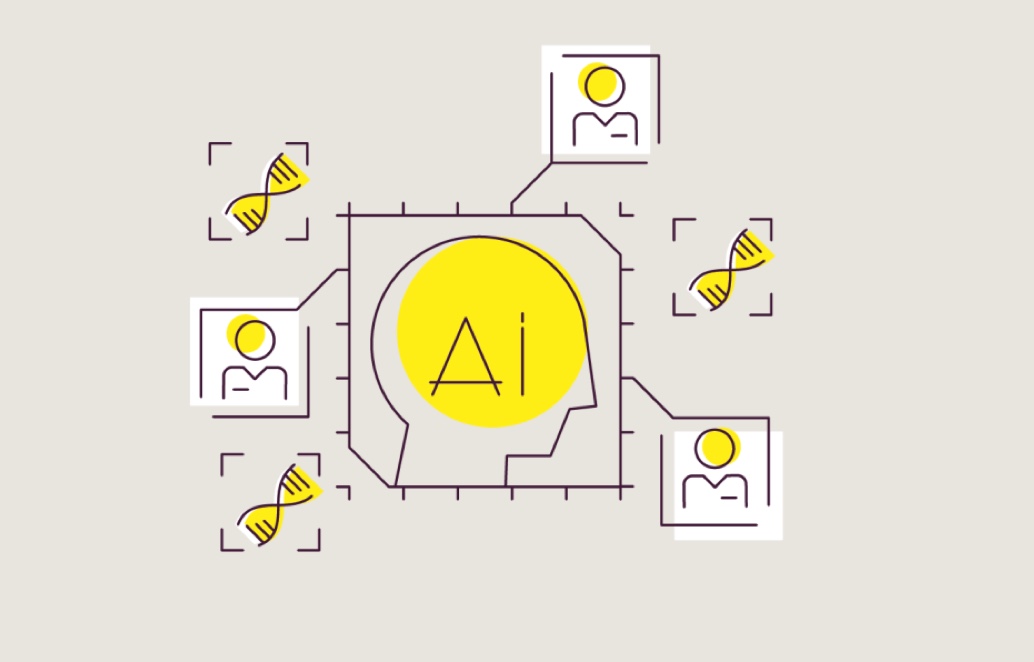
Biologics
New Funding to Help Bring Engineered IgA Monoclonal Antibodies to the Clinic
TigaTx, a biotech that develops engineered IgA monoclonal antibodies as therapy for a broad range of diseases, including cancer, announced that it was awarded up to $33.5 million by the US Advanced Research Projects Agency for Health, as well as $2 million from the US National Cancer Institute. TigaTx builds on antibody research from the lab of Prof. Jeanette Leusen, Professor of Antibody Therapy at UMC Utrecht and co-lead of Oncode Accelerator’s Biologics Workstream.
Read more
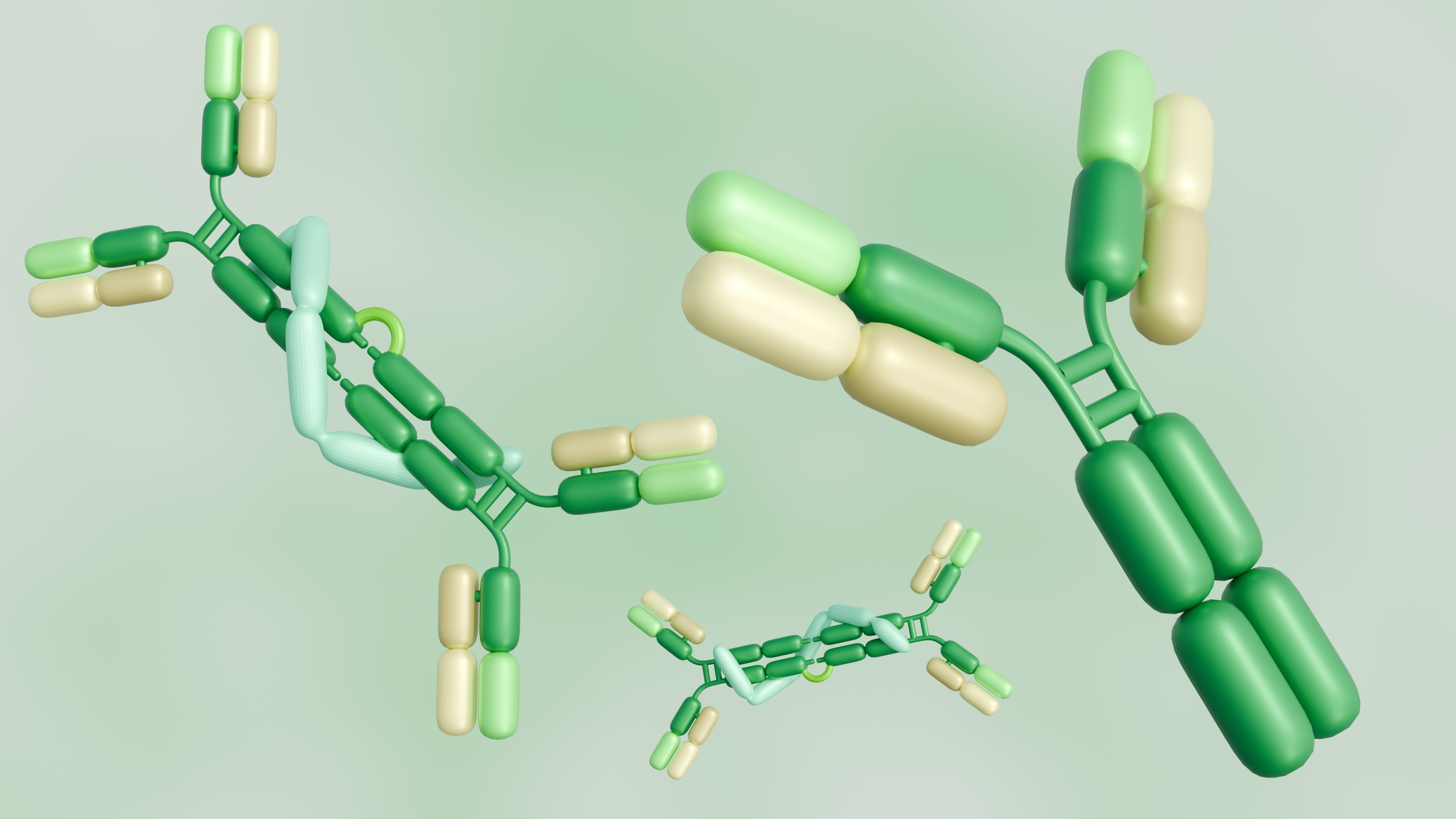
Therapeutic Vaccines
The ‘Dark Proteome’ Could Harbor Clues Into Development and Treatment of Cancer
A series of publications have demonstrated that the human genome encodes potentially thousands of tiny proteins that were previously overlooked. As work by Sebastiaan van Heesch (Research Group Leader at the Princess Máxima Center for pediatric oncology, Junior Investigator at Oncode Institute, group leader within Oncode Accelerator’s Therapeutic Vaccines Workstream) and others has shown, these ‘microproteins’ may also represent new cancer drug targets.
Read the Science News feature
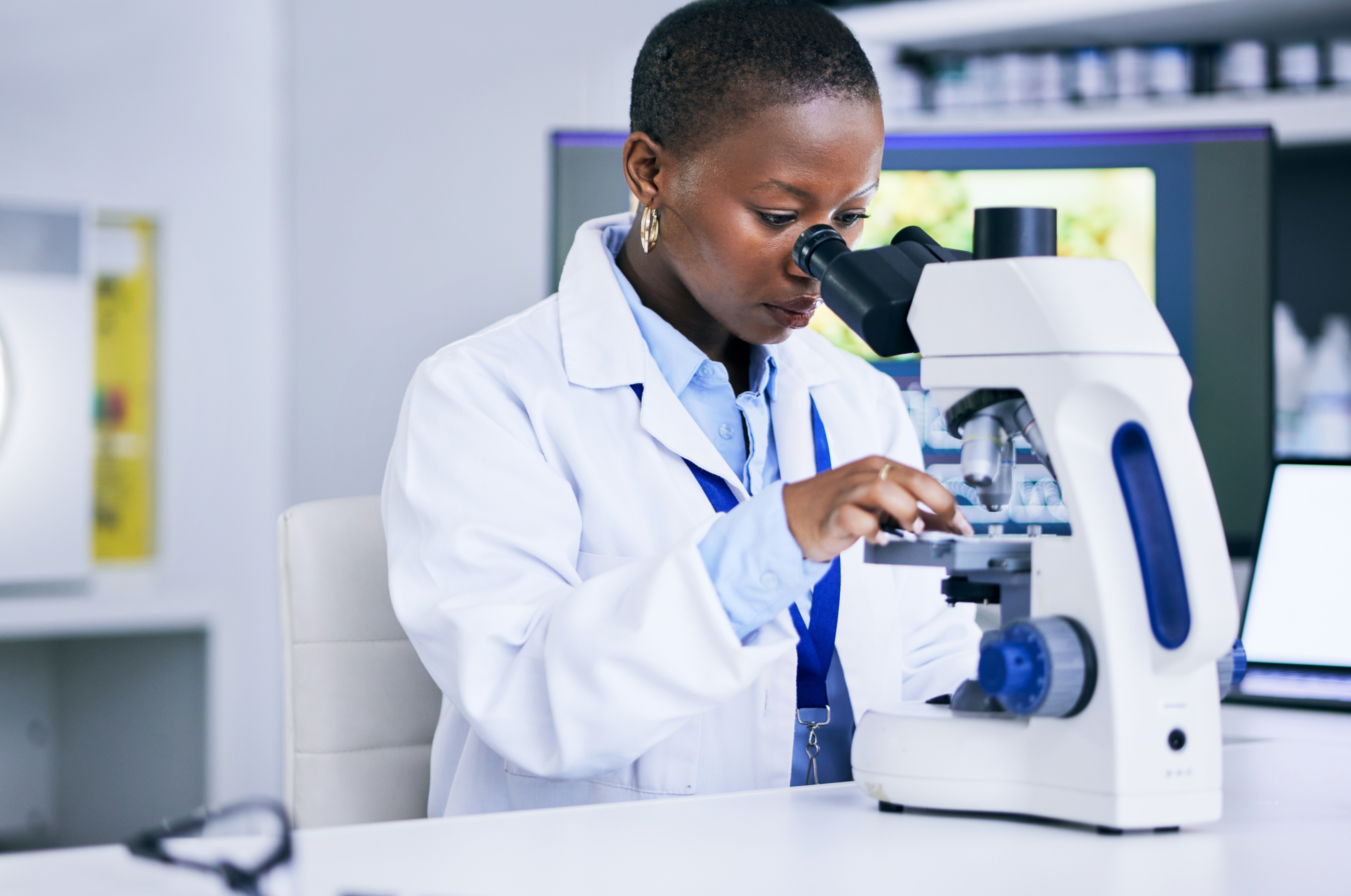
Therapeutic Vaccines
Vaccinating Against Cancer is Not New, But Now We Are Achieving Results
Major strides have been made in preventative cancer vaccines in the last years, such as the vaccine against HPV, a virus that causes cervical cancer. The next challenge is to develop therapeutic cancer vaccines. Efforts to do this are now showing promising results, as Prof. Sjoerd van der Burg of Leiden University Medical Center and Oncode Institute, lead of our Therapeutic Vaccines Workstream, explains in an interview with Plus Magazine.
Read the interview
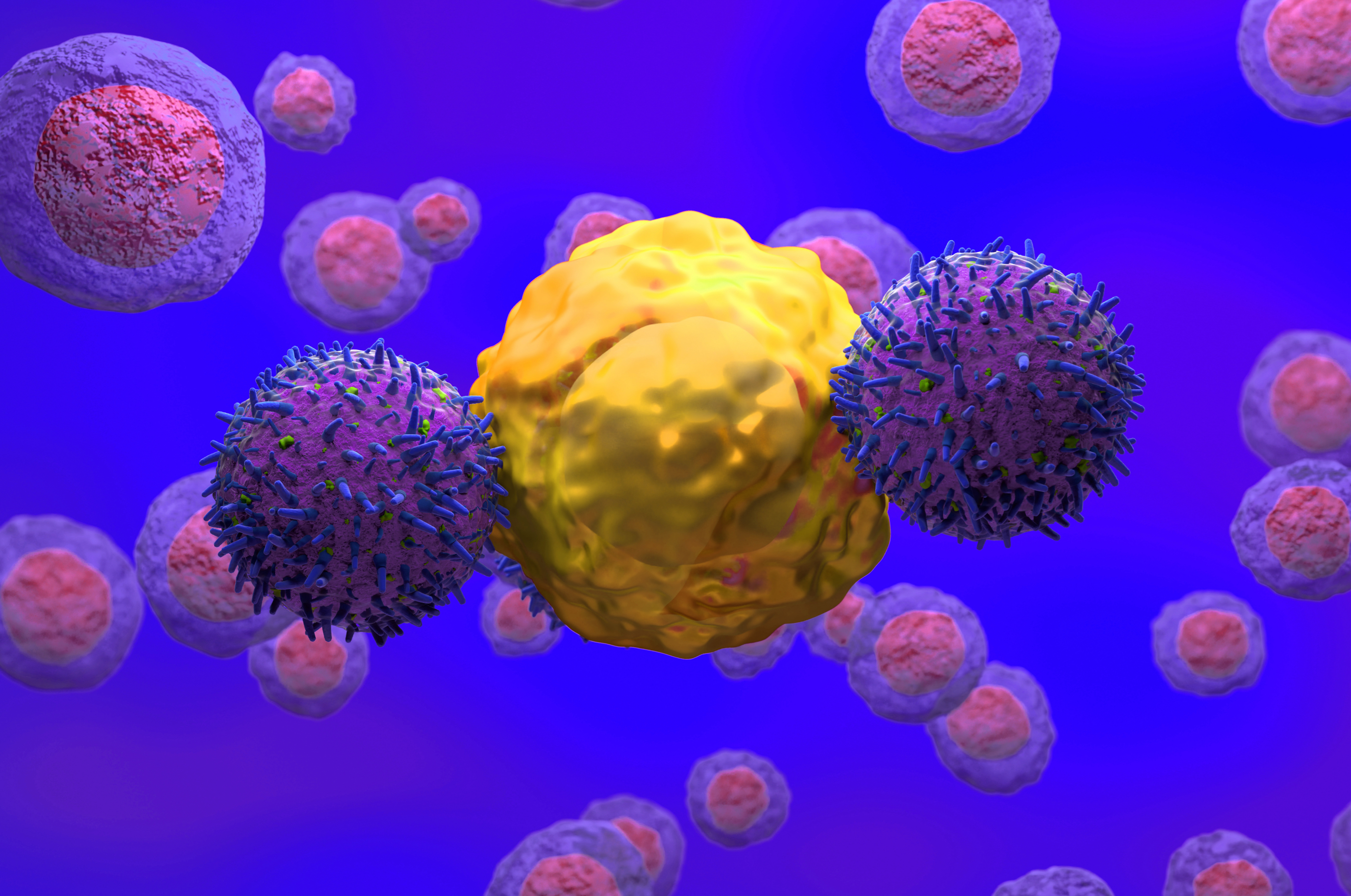
Organoids
Organoids as Real-Time ‘Avatars’
Researchers have used patient-derived glioblastoma organoids to accurately model patients’ responses to CAR-T cell therapy in real time. This research opens new avenues for personalized medicine and demonstrates the potential of organoids as lab-grown ‘avatars’.
Read the paper
Artificial Intelligence
Combining the Strengths of AI and Patient-Derived Organoids
A recent publication in Nature showcases how combining AI with patient-derived organoid models can improve our understanding of tumor heterogeneity, and support development of personalized cancer therapies.
Read the whole article
Artificial Intelligence
Sharing AI Expertise at the Royal Palace in Amsterdam
At the end of 2024, the Palace Symposium on ‘Biological Design Through Artificial Intelligence’ took place at the Royal Palace Amsterdam. Prof. Gerard van Westen, Professor of AI and Pharmaceutical Chemistry at Leiden University and the lead of Oncode Accelerator’s Artificial Intelligence Platform, was invited to discuss applications of AI in developing innovative medicines.
Listen to his lecture (Dutch)
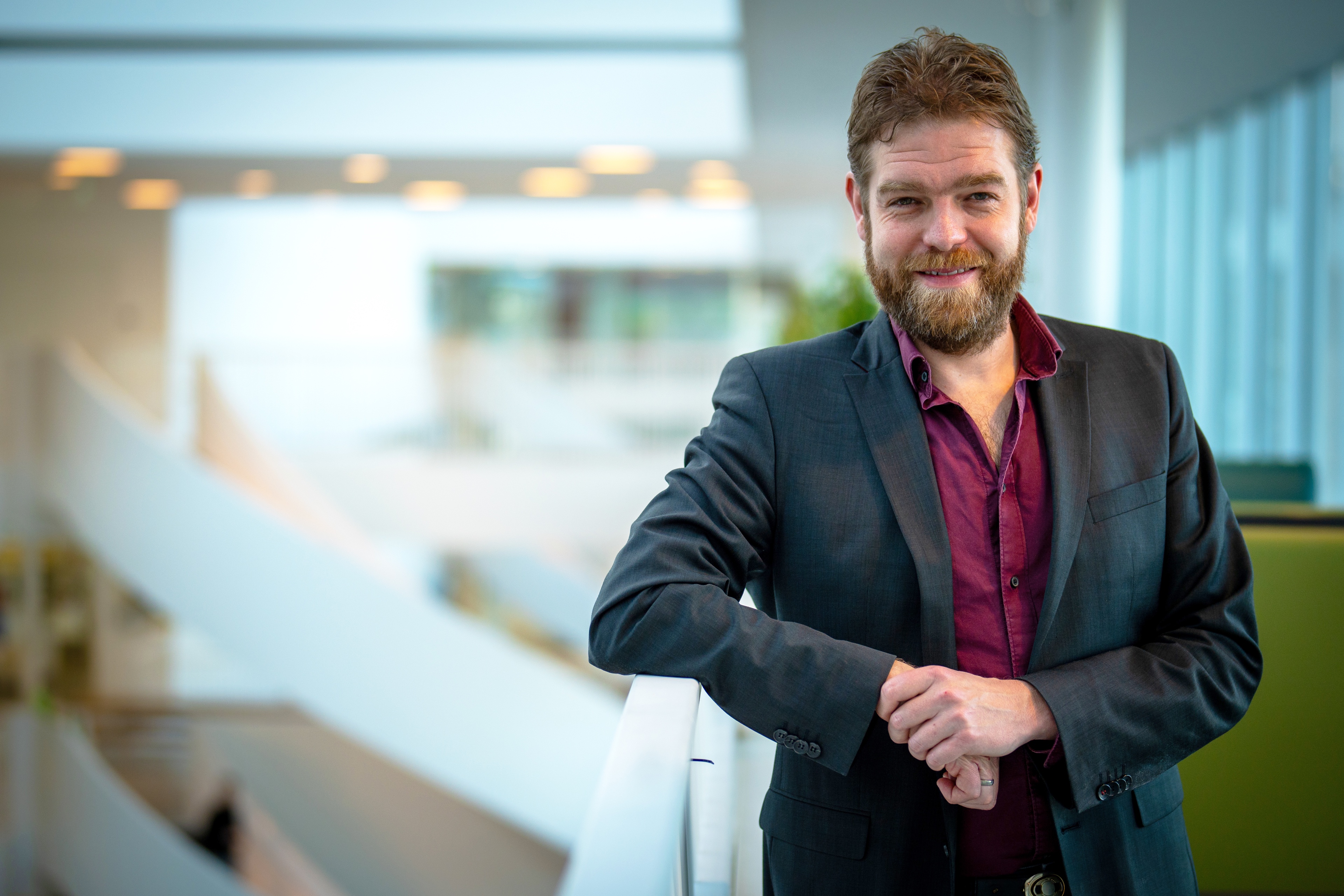

Regulatory Innovation
New European Platform for Regulatory Science Research
The European Medicines Agency (EMA) and the Heads of Medicines Agency announced that they intend to launch a new European Platform for Regulatory Science Research in 2025. Since the focus of Oncode Accelerator is on discovery of new therapies through the use of innovative Platforms, our Regulatory Innovation Workstream is actively involved in the Platform.
Read more
Artificial Intelligence
AI in healthcare
De Volkskrant writes about AI and the various possibilities it offers in healthcare. The article features an interview with Jeroen de Ridder, PI within our sister organization Oncode Institute, who sheds light on how he has developed an AI tool that helps determine a tumor type within 30 minutes.
Read more

Artificial Intelligence
Pharma and AI
Tech company IBM is providing an AI model to support the research of the German pharmaceutical company Boehringer Ingelheim. Their aim is to save time, especially at the beginning of the drug discovery process.
Read more
Patient Data
NESTOR
This year, all academic hospitals and the Netherlands Cancer Institute (NKI) will join forces to create NESTOR: a large database that consolidates data from as many people as possible with a hereditary predisposition to cancer. The project receives €3.4 million from KWF.
KWF and Radboudumc
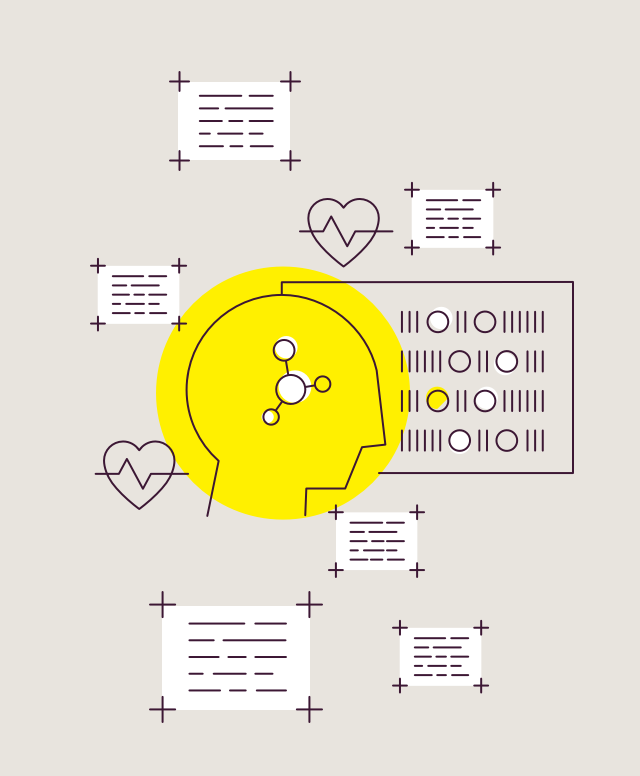
Patient Data
Molecular and clinical patient data
Palga and Health-RI are collaborating to set up a platform for multidisciplinary consultation, with molecular and clinical data of patients who are discussed in a molecular tumor board. This platform should add great value for both patient care and scientific research into cancer pathology and new treatments.
Read more

Patient Data
Mapping tumor DNA
The GENAYA project, launched in 2022, aims to fully map tumor DNA in 1,000 adolescents/young adults (AYAs) with cancer using whole genome sequencing. This will be able to provide more insight into the genetic characteristics of tumours in these patients, which may lead to more tailored treatment. Currently, 22 hospitals have signed an agreement for participation in GENAYA, and around 100 patients have been included.
Read more